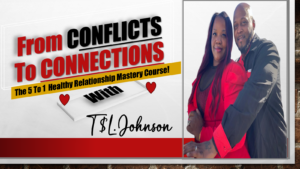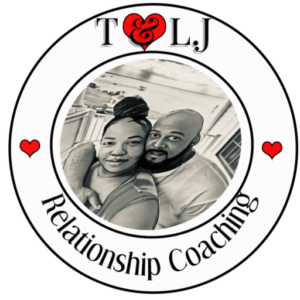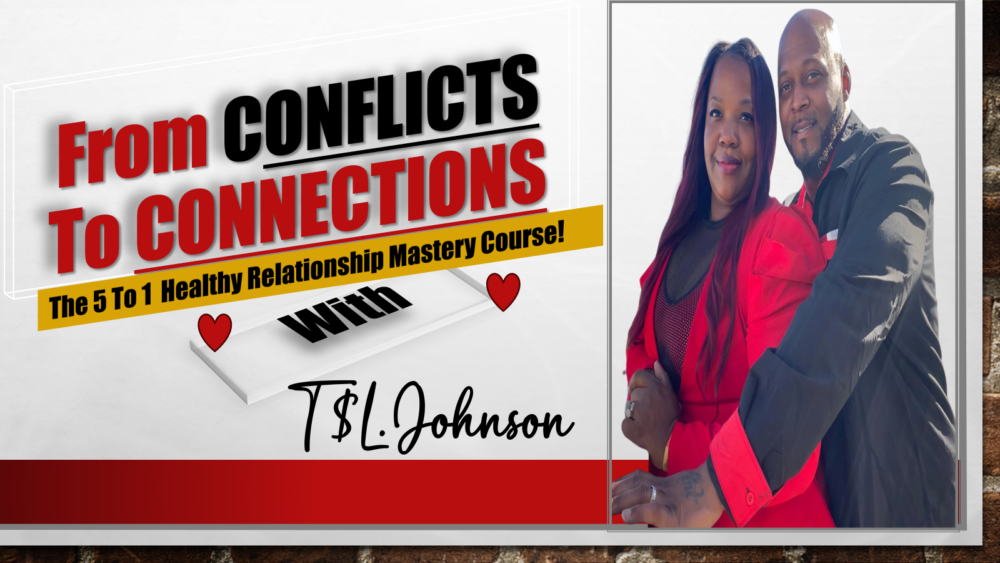Let’s be real; arguments aren’t exactly fun. However, from my own experience, I’ve learned that every disagreement can lead to growth and deeper connections. In this article, we’ll explore how to turn those fiery disputes into moments of love and understanding. Here are the five areas that help us harness the power of arguments and nurture our relationships.
Understanding Different Perspectives
Active Listening
First off, one of the most crucial skills I’ve honed during arguments is active listening. Often, when we’re in the heat of the moment, we’re way too focused on how we’re going to respond rather than truly hearing what the other person is saying. It’s essential to put your internal dialogue on pause and really soak in their words. I try to repeat back what I’ve heard to ensure I’ve understood them correctly.
This simple act not only shows that you care but also helps clear up any misunderstanding right then and there. You’d be surprised how much calmer things become when you’re genuinely trying to understand each other’s point of view.
Moreover, it opens doors to having a real conversation about the issues at hand instead of slipping into a cycle of blame and defensiveness. I’ve found that when my partner feels heard, they are more open to listening to me in return.
Empathy in Action
Once you’ve hit the active listening step, the next part for me is injecting empathy. This means acknowledging their feelings even if I don’t agree with their stance. I remember a particular heated moment with a friend, where they felt any criticism of their decisions meant I didn’t support them. I needed to put myself in their shoes and communicate that my intention stemmed from care.
Empathy works wonders, as it signals to your partner that you’re not just fighting but actually invested in their feelings. This can flip the script from a combative argument to a collaborative effort to resolve the issue while deepening your connection.
So, don’t shy away from expressing, “I can see why you’d feel that way,” even if you don’t necessarily agree. It’s an essential piece to love better through arguments.
Finding Common Ground
Believe it or not, even in the midst of an argument, there’s usually a nugget of commonality. I’ve learned to ask myself, what do we both want? It might be a peaceful resolution or even the shared goal of strengthening our relationship. When we can both identify that shared goal, it becomes challenging to stay locked in disagreement.
Finding common ground shifts the focus from “me vs. you” to “us vs. the problem.” It’s not about winning or losing an argument; it’s about pairing up against the situation and finding a solution together. I often think of it like a partnership in sports; we’re on the same team!
The next time you’re butting heads, take a moment to find those small overlaps and build from there. Trust me; it makes a world of difference.
Reframing the Conversation
Using “I” Statements
When I argue, I’ve found that using “I” statements instead of “you” statements can change the vibe entirely. For example, saying, “I feel hurt when…” instead of “You always make me feel…” can prevent the other person from getting defensive right off the bat. It’s not a blame game; it’s sharing my feelings based on their actions.
Shifting the focus to my feelings allows the other person to see my perspective without feeling attacked, fostering a safer space to communicate. I make an effort to really articulate how a situation impacts me rather than pointing fingers;
In many cases, this tactic has defused what could have been a nasty fallout into a productive discussion about feelings and needs instead. Seriously, it works like a charm!
Maintaining Respect
One thing I remind myself during heated moments is to keep respect at the core of our interaction. It’s super easy to go for the jugular when you’re upset; however, that’s a one-way ticket to damaging your relationship. I fervently believe that respect doesn’t falter just because there’s a disagreement.
Expressing disagreement constructively fosters a climate of love and support. I try to avoid name-calling or belittling reminders of past mistakes. Instead, I focus on the issue at hand, which allows for a clearer path to resolving it.
Maintaining respect is fundamental. I often remind my partner of the qualities I admire in them, even during fights. It keeps us both grounded and reminded of why we’re even in this together in the first place!
Pausing for Reflection
Arguing can sometimes bring up raw emotions, and I’ve realized that taking a step back can often be beneficial. During one particularly fierce argument, I recognized that I was overwhelmed and needed a moment to collect my thoughts. It’s okay to say, “Can we take a break and revisit this later?”

This pause allows me to reflect on the conversation and process any emotions without further escalating the situation. When we return to the conversation, I’m usually much more level-headed and open to discussing the issue without all those unnecessary, heightened feelings.
Taking time to reflect helps immensely in structuring my thoughts so that I can communicate more effectively. Plus, it gives both of us room to come down emotionally!
Growth and Learning from Disagreements
Identifying Patterns
After a heated discussion, I think it’s important to take note of any recurring themes. Often, arguments reveal underlying issues that haven’t been addressed. For me, recognizing these patterns is crucial to our growth as a couple. It helps us see areas in our relationship that may need more attention than others.
I often jot down our conflicts in a journal to see if certain triggers keep popping up. Understanding these dynamics can really bring clarity to what’s truly bothering us and how we can tackle these issues together instead of revisiting them endlessly.
Once I understand these patterns, we can have even more productive conversations about them rather than having these unresolved tensions simmering under the surface. Knowledge truly is power!
Building Stronger Connections
One surprising outcome I’ve noticed post-argument is a stronger bond. When you work through a disagreement, you become vulnerable, and that vulnerability actually allows for deeper intimacy and understanding. I’ve shared some pretty raw feelings during these moments, and it’s been a wild way of deepening our love.
After addressing conflicts, I usually feel a surge of greater companionship and trust in my relationship, which reassures me that we really are in this together. It’s a learning curve for sure, but one that pays off.
Ultimately, moving forward from arguments while reinforcing connections is where the magic truly happens. It reminds me of why I fell in love and renews my commitment to nurturing our relationship.
Transforming Conflict into Collaboration
The shift from understanding to growth often leads to a sense of collaboration. I endeavor to approach challenges as a team rather than opponents. It’s all about changing the narrative that surrounds our discussions. When we collaborate, we allow for creativity in finding solutions that work best for both of us rather than being stuck in rigid positions.
I actively try to frame solutions as “how can we solve this together?” instead of “this is what you should do.” Emphasizing teamwork fosters a sense of unity and shared values, which enhances love on both sides.
Over the years, I’ve learned that working through our differences opens doors for future arguments to be resolved more easily. We build a toolkit for collaboration that benefits our relationship—including an arsenal unlike any other. They say love is a team sport, and I can’t agree more!
FAQs
1. How can I improve my listening skills during an argument?
Improving listening skills takes practice! Try to focus solely on what your partner is saying without formulating your response at the same time. Use reflective listening techniques to paraphrase what they’ve said before responding.
2. What if my partner refuses to acknowledge my feelings?
That can make things tricky. A good approach is to express your feelings calmly and ask questions that can prompt them to see things from your perspective. Sometimes a little breathing room can help them come around.
3. Are disagreements healthy in a relationship?
Absolutely! Disagreements are natural and can actually strengthen a relationship if handled constructively. They provide opportunities for learning and growth.
4. How do I know when to take a break during an argument?
If you find yourself getting overwhelmed, frustrated, or emotional, it’s probably a good time to take a break. Just communicate your need for a pause directly to your partner without leaving them in the dark.
5. What if we keep having the same argument over and over?
This indicates an underlying issue that needs addressing. It can help to identify patterns in your arguments and approach the core issue together rather than focusing on surface-level skirmishes.
In conclusion, every argument truly is an opportunity to love better. By focusing on understanding, reframing the conversation, and fostering growth, we can ensure that our relationships flourish even amidst challenges.

Schedule Your First 20-Minute Coaching
Call With Us Today to see if we fit . You pick the price!
Click Here




